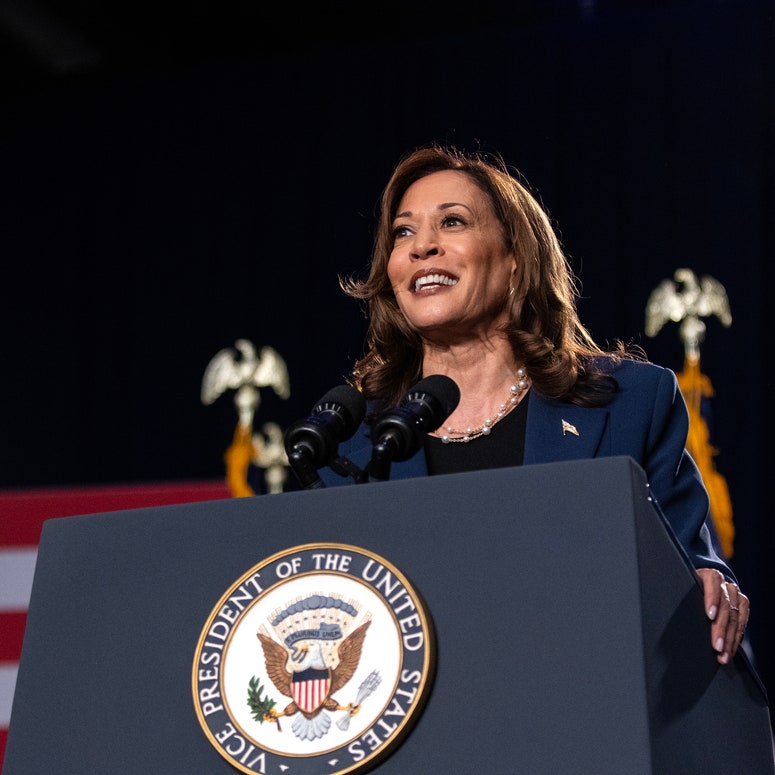If you’ve opened a newspaper, turned on your TV, or scrolled through social media for 2024 election news lately, you’ve likely seen the same word over and over again: weird. And you’ve likely seen it used to describe the same two people: Donald Trump and JD Vance.
But why are Democrats calling their political opponents “weird”, and when did this start? An explainer on how “weird” caught on, below.
We can trace the “weird” phenomenon back to late July. During an appearance on MSNBC, Minnesota Governor Tim Walz used the word to describe the ultra-conservative agenda of Donald Trump: “You know there’s something wrong with people when they talk about freedom: freedom to be in your bedroom, freedom to be in your exam room, freedom to tell your kids what they can read. That stuff is weird,” Walz said.
X content
This content can also be viewed on the site it originates from.
He doubled down on the term a few days later on MSNBC’s Morning Joe. Walz began by criticising Vance for belittling small-town America in his 2016 memoir, Hillbilly Elegy. “People like JD Vance know nothing about small-town America,” he said. “My town had 400 people in it.”
He continued: “These guys are just weird. They’re running for He-Man Women-Haters’ Club or something. That’s what they go at. That’s not what people are interested in.”
The clip went viral: on the Morning Joe Twitter account alone, it has over 7.8 million views.
Weeks later, Vice President Kamala Harris chose Tim Walz as her running mate in the 2024 presidential election. At an August rally in Philadelphia, Walz took the stage for his introductory speech. Knowing just how much the phrase had been resonating, he repeated it: “These guys are creepy and, yes, just weird as hell,” he said.
It summed up, in Minnesota Dad language, the way many Americans feel about Donald Trump’s erratic behaviour and far-right policies, especially regarding abortion. And while the past few years have seen the left embrace loftier phrases (remember Michelle Obama’s “When they go low, we go high”?), “weird” is refreshing in its bluntness. “I think it’s really elegant in its simplicity,” Democratic strategist Caitlin Legacki told ABC News of the word. “I think it really reflects a newer way of thinking and campaigning and just calling it what it is.”
Already, “weird” has become a Democratic rallying cry. Etsy sellers are printing it on T-shirts and lawn signs. An anonymous group paid for the word “weird” to be posted against a Brat green background – another meme tied to the Harris campaign – in Palm Beach, Florida, six miles from Mar-a-Lago. “By putting the word ‘weird’ in green, everyone understands that’s Kamala-coded, that’s Brat-coded. It’s interesting: just one word on this one colour can mean so much to someone, and that’s all that it says,” one of the anonymous creatives behind the Florida billboard told AdWeek.
The Kamala Harris campaign has embraced it, too: “These guys are creepy. And, yes, just weird as hell. Right?” they wrote in a recent text message to potential campaign donors.
Will it work? “The opposite of normalising authoritarianism is to make it weird, to call it out and to sort of mock it,” Jennifer Mercieca, a historian at Texas A&M University, who wrote a book on Trump’s rhetoric, told The Associated Press. “To say, ‘Hey, that’s a weird thing you’re doing, calling your opposition enemies instead of saying that they’re good people who have different policy preferences.’”

